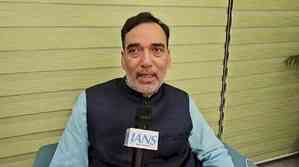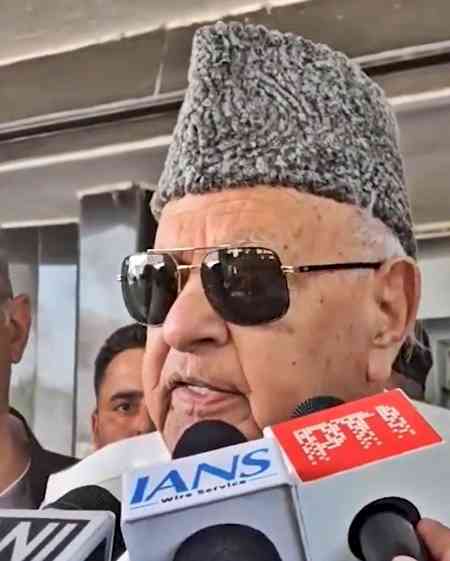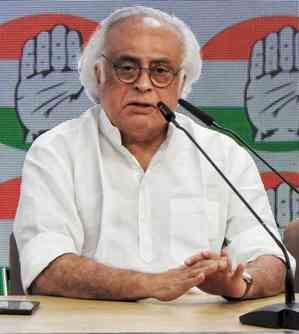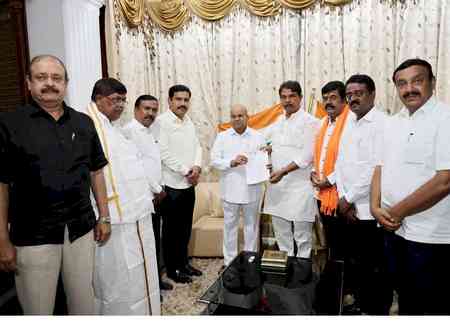Delhi govt forms coordination committee to tackle pollution at 13 hotspots
The Delhi government has formed a coordination committee to address rising pollution levels at 13 hotspots in the capital, Delhi Environment Minister Gopal Rai announced here on Friday. The committee will begin its on-ground work from Saturday, identifying local pollution sources in these critical areas.

New Delhi, Oct 18 (IANS) The Delhi government has formed a coordination committee to address rising pollution levels at 13 hotspots in the capital, Delhi Environment Minister Gopal Rai announced here on Friday. The committee will begin its on-ground work from Saturday, identifying local pollution sources in these critical areas.
Gopal Rai, while speaking to IANS, emphasised that adverse weather conditions have worsened the city's air quality, with falling temperatures, reduced wind speeds, and the end of monsoon contributing to deteriorating Air Quality Index (AQI).
"The AQI for the entire city has now entered the poor category," Rai told IANS, adding, "However, certain areas are experiencing particularly high levels of pollution, and a special action plan has been devised to address those."
The 13 pollution hotspots are -- Narela, Bawana, Mundka, Wazirpur, Rohini, RK Puram, Okhla, Jahangirpuri, Anand Vihar, Punjabi Bagh, Mayapuri, and Dwarka Sector-8.
Delhi’s Environment Minister expressed concern over the health risks posed by the increasing pollution and emphasized the need to address the local sources of pollution urgently.
He also criticized the BJP for not doing enough to tackle the issue, stating, "While we are working around the clock, BJP, which governs neighbouring states and the central government, is doing little besides making empty promises."
The newly formed committee aims to reduce pollution sources in these hotspots through coordinated efforts and ground-level interventions.
Delhi's average Air Quality Index (AQI) stood at 293 on Friday. In several parts of Delhi, the AQI levels are hovering between 300 and 400, indicating severe pollution.
Delhi government has already banned the production, storage, sale and use of firecrackers till January 1, 2025. The measure is part of the city government’s effort to curb rising air pollution levels during the winter season.
Delhi is one of the world's most polluted cities throughout the year. But its air turns toxic especially in winter due to several factors, including burning crop remains, low wind speed and bursting of firecrackers during festivals.
The polluted air causes severe health issues to Delhi residents every year.
--IANS
skp/dan


 IANS
IANS 










